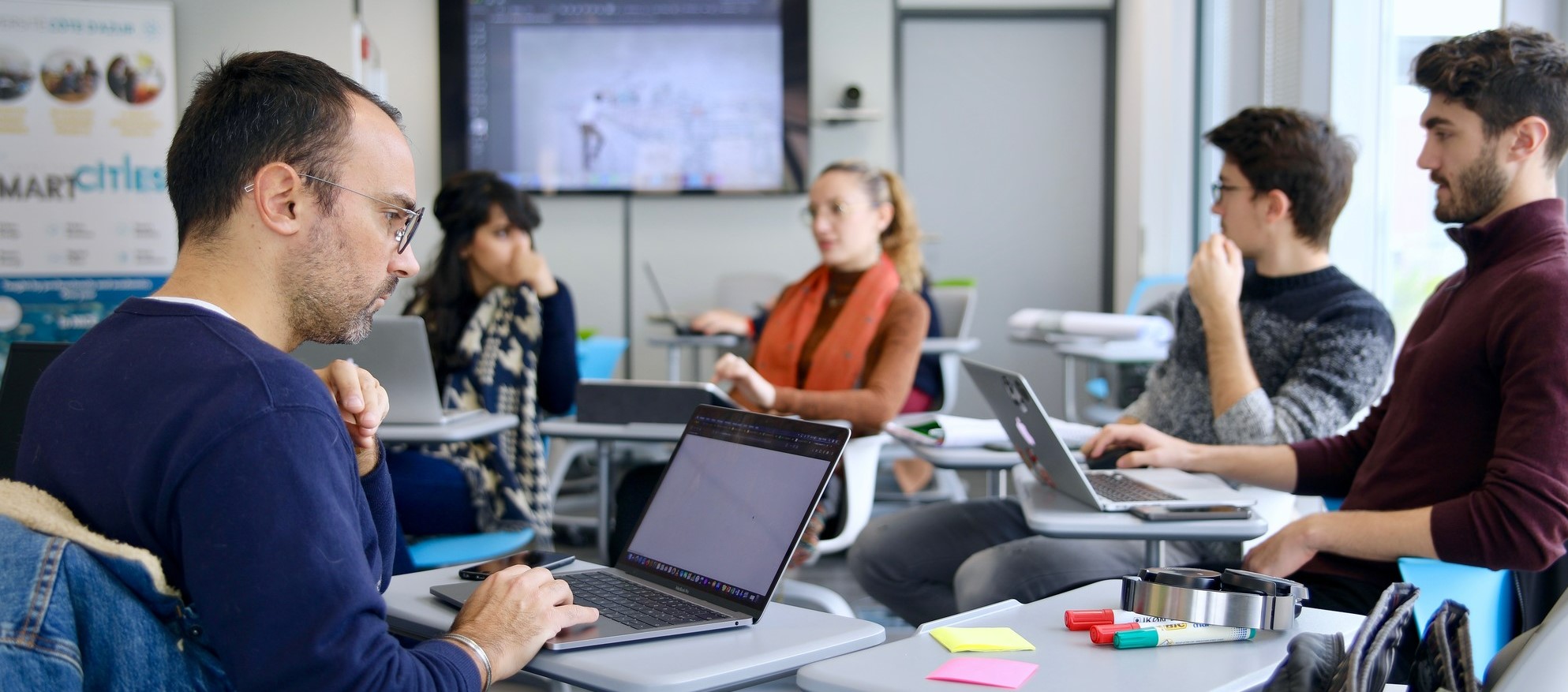Digital technology is changing people’s lives and is having a massive impact on education, on the labour market, and on the type of skills needed in the economy and society. Over the past decades, some initiatives have emerged on using digital technologies to provide education and training, but they were limited in scale and there was not a clear incentive for a systemic change. Only few educators took the opportunity to use digital technology to support their teaching and to adapt pedagogy.

Change has accelerated with the COVID-19 crisis, which has highlighted the gaps that need to be filled to achieve effective digital education. The pandemic has not only limited the way people can relate to each other and perform their most basic every-day-tasks, but has also had a significant impact on the regular delivery of education and brought new challenges. On one hand, it makes us rethink the actual education and training systems to fit in the digital era and on the other hand it makes us rethink to which extent they meet the demands of a rapidly changing and increasingly digital world.
D2S@Ulysseus, supported by the Ulysseus Alliance, makes it possible to adapt pedagogies and upgrade educators’ digital competencies by harnessing digital technologies for learning. It also seeks to equip all learners with digital transversal skills to live, work, learn and thrive in a world increasingly mediated by digital technologies, recognising and validating these skills digitally through Open Badges.
The project, founded with the support of the Erasmus+ programme, runs for two years from March 2021 to March 2023 and aims to implement sustainable goals for the development of digital skills.